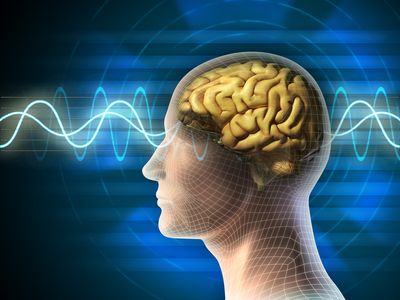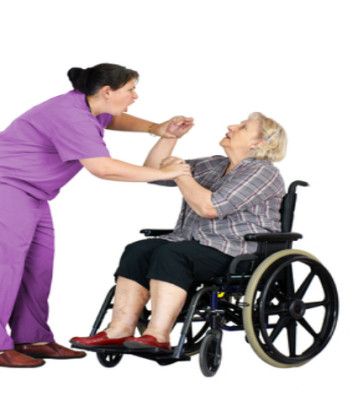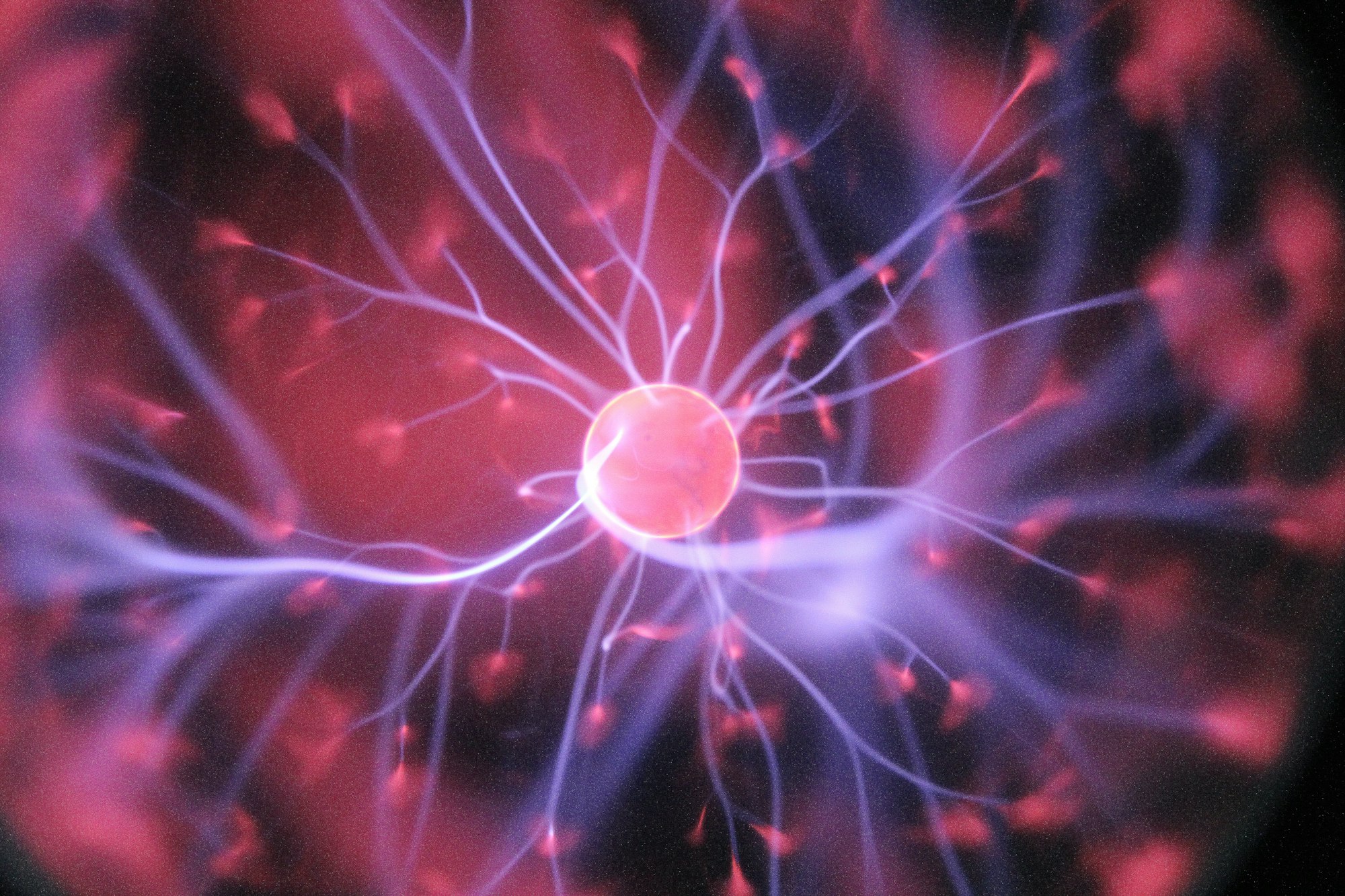What are the Types of Parkinson's Related Dementia?
Parkinson's disease affects more than one million people in the United States alone, and for some, the condition can progress to dementia. Learn about the types, signs, symptoms, and causes of Parkinson's-related dementia, as well as the role of Lewy bodies and potential treatment options.

Parkinson related dementia does not occur in every person diagnosed with Parkinson's disease. In the United States alone there are more than one million people diagnosed with Parkinson's Disease (PD). PD is a progressive and degenerative disorder that affects the central nervous system resulting in uncontrollable muscle movements.
Primarily individuals over the age of 60 years old are most at risk for developing PD. Although there are cases with indiviudals as young as 30 years of age have been diagnosed with juvenile PD. For some PD patients, hallucinations and severe uncontrollable muscle movements make them especially vulnerable for developing dementia as PD disease progresses.
Dementia has been defined as a group of symptoms that include cognitive impairments that interfere with the ability to preform activities of daily living. Dementia worsens over time, with the cognitive process declining each year. This cognitive decline is faster than that of the general population.
Estimates are that 20 to 30 percent of the individuals diagnosed with PD will develop dementia. This occurs generally after age 70 years old. If dementia symptoms are going to develop, it is generally going to occur about 10 to 15 years after the time that motor difficulties start to appear. If symptoms of dementia appear earlier during the disease process, experts suggest that the cause of dementia symptoms could be something other than PD.
More on What are the Types of Parkinson s Related Dementia?...
Signs and Symptoms of Dementia
Before discussing possible causes of dementia, it would be helpful to explore what signs or symptoms the PD patient may experience.The signs of dementia will first be noticed at home, not in the doctor's office. As a family member of a person with PD, you may not even be aware of what you are observing. Since caregivers are with their family members with PD more often than doctors, it is helpful to bring any changes in behavior to the doctor's attention.
Some of the most common signs of dementia in PD include:.
Memory recall and processing
Impaired thinking, often at a much slower rate
Apathy or lack of motivation or inability to initiate
Moodiness
Confusion and disorientation
Easily distracted, inability to concentrate
Remember that if a person with PD is going to develop dementia, there is generally a "lag" period of of at least 10 to 15 years from initial diagnosis and identification of the movement disorder. If dementia develops earlier, it is important to take note of the symptoms and discuss them with your physician.
Finally, depression can mimic the signs of dementia in Parkinson's patients. Depression is a common companion to PD, and having your family member fully evaluated can aid in their recovery from these troublesome symptoms if depression is the underlying cause. Medications to treat depression can bring relief and can even improve memory and mood.
More on What are the Types of Parkinson s Related Dementia?...
Lewy Bodies and their Role in Dementia:
In those diagnosed with PD and develop dementia, Lewy bodies are usually present. Lewy bodies are protein deposits on the nerve cells. Scientists haven't determined yet if the Lewy bodies play a role in killing the cells or if the cells, in the process of dying, are more susceptible to developing the protein deposits. Perhaps, it is thought that even as Lewy bodies develop as a method to repair the cell,they instead play a role in developing the symptoms of dementia.
In those individuals diagnosed with Parkinson's, they lose the ability to regulate the amount of dopamine in the brain. For this reason, medications such as Levodopa are used to try to increase the amount of dopamine in the brain. This is believed to help the movement issues with Parkinson's disease. The impaired movement and changes in the thought processes, the person with Parkinson's demonstrates the signs and symptoms of dementia. They become unable to process any new information, blankly stare off into space,become unable to recall specific incidences, and lose the ability to make sound judgments.
Medication-induced Dementia:
In some patients, the type of medication that they are taking can induce the signs and symptoms of dementia. Dementia is not a normal process of PD; and in the cases of medication inducing the dementia, it can be reversed.
Vascular Dementia:
Vascular dementia generally develops when there are small, unnoticed strokes, also known as trans ischemic attacks (TIA's) . By determining if vascular dementia is indeed present, doctors can sometimes halt the advancement by treating the underlying causes. such as high blood pressure.
More on What are the Types of Parkinson s Related Dementia?...

Changes in Daily Living:
Finding out that your family member has been diagnosed with Parkinson's can be a difficult adjustment. Adjusting to dementia can significantly add to stress to the family dynamics. . Remember not only to consider the person with Parkinson's and how their life is affected, but it is especially important to reduce caregiver stress during this adjustment.
In order to make a successful transition when dementia becomes part of the equation, you'll need to make changes to daily routines. This requires not only cooperation from the family member with PD, but the primary caregiver as well.
Communication tips
Avoid open-ended questions such as "What would you like to wear ?" Since thought processing is affected, the patient may feel frustrated when they are unable to name something specific that they want to wear. Offering limited choices such as "Would you like to wear the blue shirt or green shirt?" Give a limited number of choices so the person can name what they want without too many options.
Consistency and routine are very important to person with dementia. Establish schedules and stick to them. Lists of activities may help. Breaking down the daily routine into small, manageable steps, you can avoid frustration from your family member.
Remember ,that as the dementia worsens over time, you may need to give step by step instructions, as well as show your family member how to do it. This is known as the mirrored technique.
If you think your family member may not be able to remember which medications they need to take, how much they need to take, etc., you may have to lock away medications and dispense doses as needed. Here are some tips for handling medications with a family member with dementia. This may be an adjustment to your family member who has grown accustomed to independence of taking their medications without supervision.
More on What are the Types of Parkinson' s Related Dementia?...
Home safety is important when caring for a family member with PD and dementia. Keeping the environment free of extraneous objects, you can help decision-making processes go much smoother. Remember too, that Parkinson's disease will gradually worsen over time, making smooth movements almost impossible.
Other ideas that you may want to consider:.
Keep travel plans simple. As much as possible, continue established routines if you need to travel.
Use mental exercises to keep memory as sharp as possible. These include puzzles, card games, reading, listening to music, and even keeping a diary.
Continue a good exercise routine. Physical activity not only keeps the movement portion of PD under control, but it can aid in slowing the cognitive decline.
Get a wrist or pendant ID for your loved one to wear. The Alzheimer's Association can provide one.
Financial Obligations:.
Develop a plan for finances and how your family member assets will be used before the dementia develops too much.
Preparing a will and keeping it in a safe place.
Consulting a financial planner to decide how assets need to be used, dissolved, or otherwise distributed.
Deciding about long-term care options.
Planning in advance, you'll save much stress later as the disease develops further.
Many people with Parkinson's will not develop dementia. Even with dementia, the person will have good days and days that thought processes are not as sharp.
Our Resources section can help you find the information and tools that you need. We have courses, videos, checklists, guidebooks, cheat sheets, how-to guides and more.
You can get started by clicking on the link below. We know that taking care of a loved one is hard work, but with our help you can get the support that you need.
Click here to go to Resources Section now!
Practical Tips to Handle Behavior Changes in Dementia
Behavior Worksheet
Preventing Falls Safety Checklist
You might also like this article:


